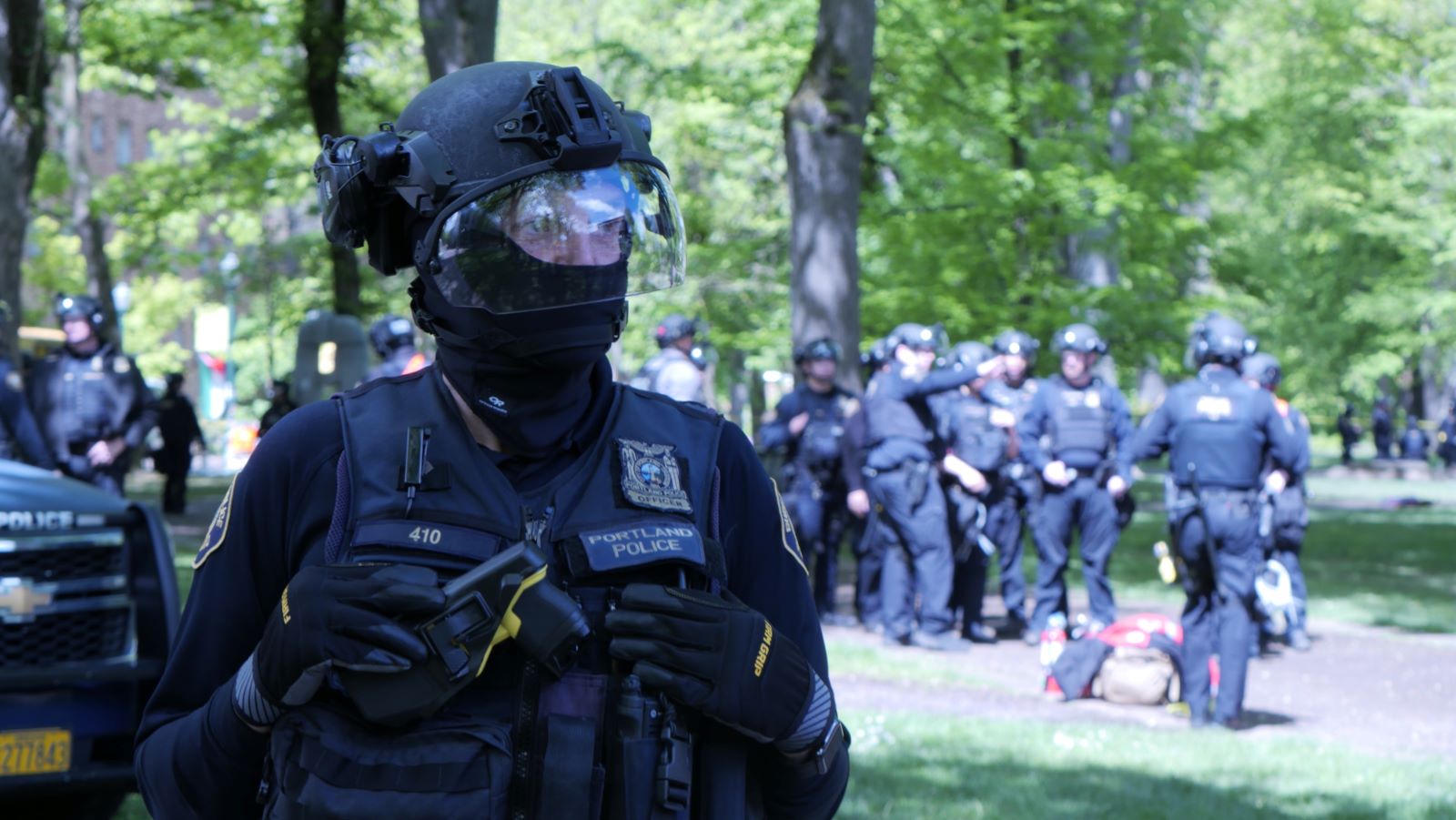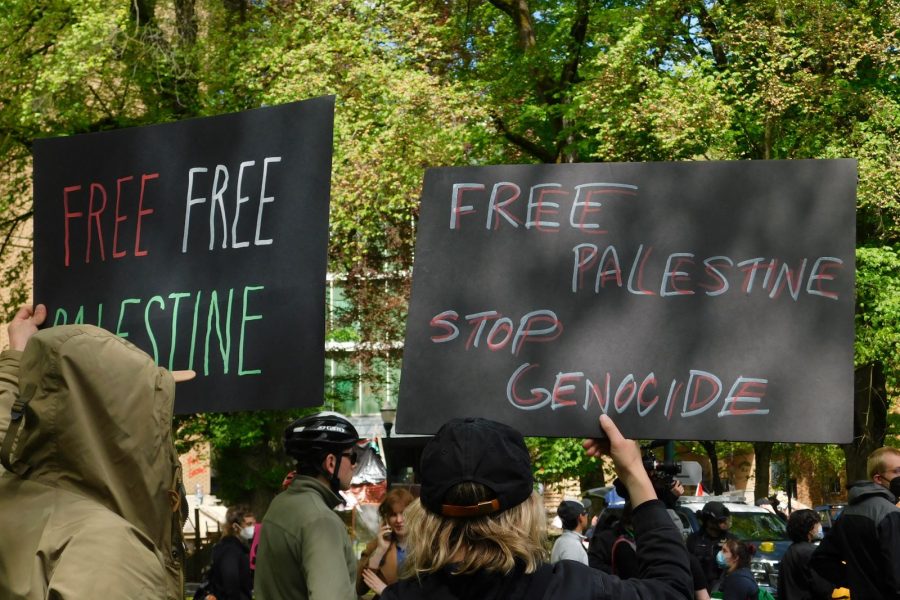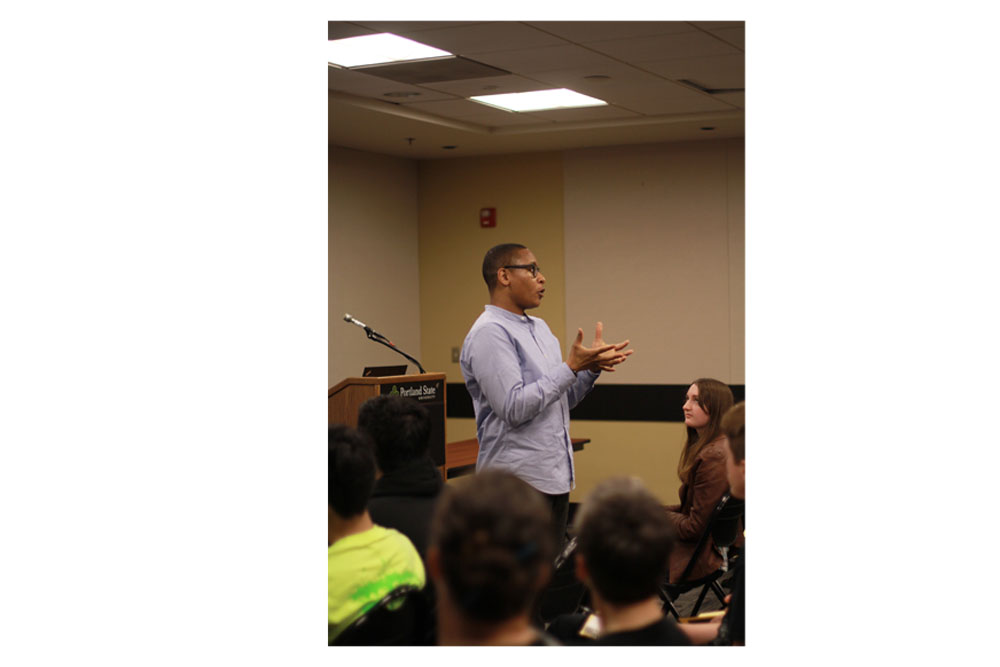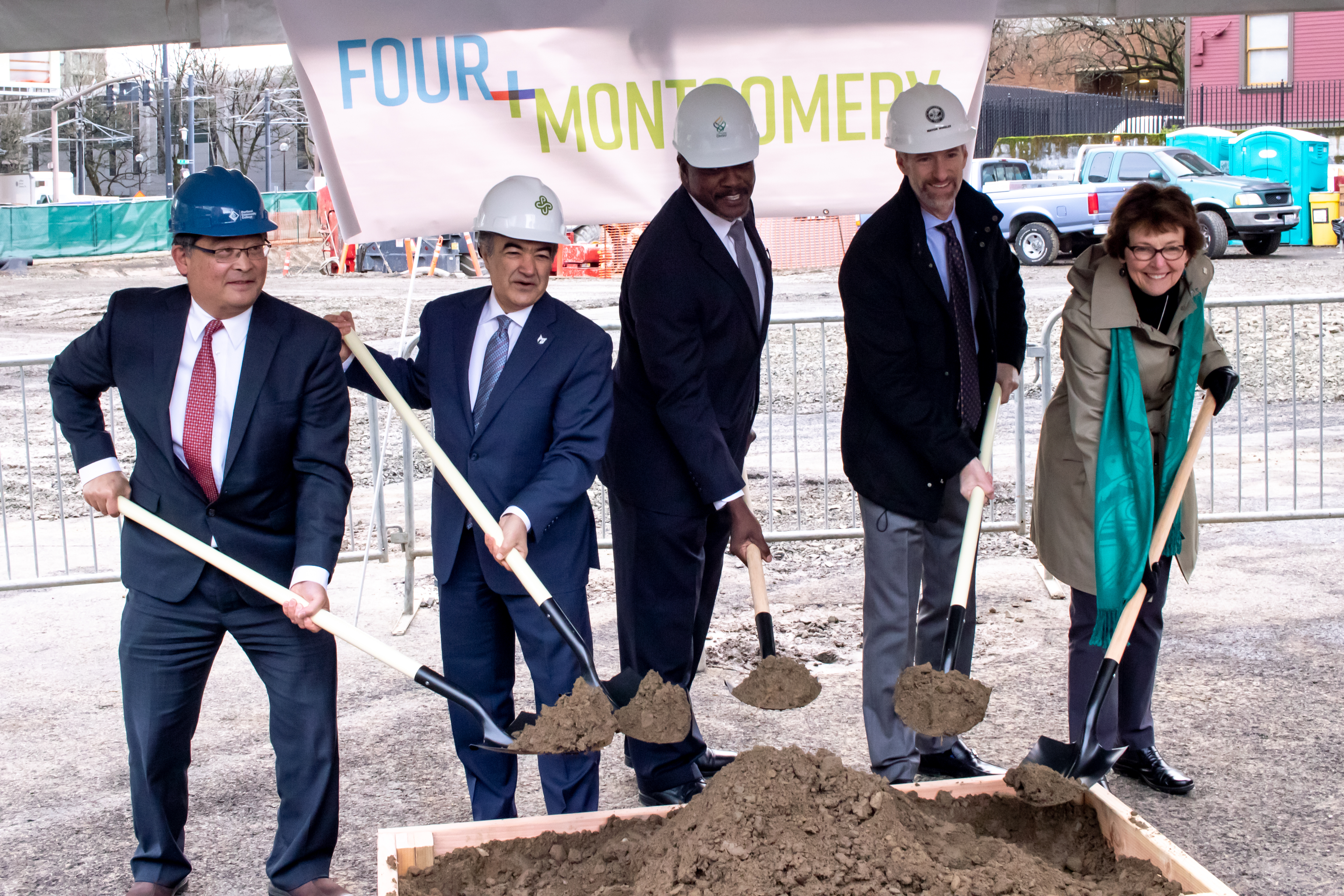Students and faculty alike at Portland State have voiced concerns about a lack of safety with the presence of the Portland Police Bureau (PPB) on campus. This comes following the administration’s response to involve the PPB in responses to campus protests starting on May 2.
This has highlighted not only the tension of campus safety with students and police presence, but also the issues faced when organizing events for students led by different school organizations.
Nic Francisco—the director of the Women’s Resource Center (WRC) with a Ph.D. in Political Science—mentions how an annual event called Big Trans Movie Night had to be postponed due to on-campus police presence on May 3.
“We did not feel like it was a safe place to ask marginalized students to come to, given what we saw the day before with police presence and brutality,” Francisco said.
The WRC held the event later at 5th Avenue Cinema on Friday, May 24. Francisco also spoke on the feeling of being on campus. “We saw a community of folks taking care of each other,” Francisco said. “The people who [were] not taking care of anyone was the police force. Never once did I think that folks involved with various encampment methods were here to endanger or harm students.”
Kazia Salazar—a first-year student majoring in social work—spoke about the response of PPB to the protests.
“A lot aren’t prepared—aren’t trained—to handle situations like this without using violence,” Salazar said. “It felt a little scary to come to campus if it had been open.”
The Native American Students Community Center (NASCC) reportedly lost an estimated $12,674 in revenue during the police presence on campus. NASCC Manager Trevor Roberts said the revenue loss is noteworthy.
“We could have definitely used that money for programming and just support for Portland Native students in the Native community,” Roberts said.
NASCC community members canceling events pointed to safety concerns with police on campus, according to Roberts.
“Regular clients have canceled events, because they didn’t want their attendees to feel unsafe or uncomfortable with the police presence,” Roberts said. “And then some of the organizers themselves have expressed discontent with the way that the school and the president have handled the protests here on campus.”
Nanette Beyae, a third-year architecture student, expressed concern about PSU’s Campus Public Safety Office (CPSO), especially since they remain armed.
“When CPSO is armed and things like that, I’ve never really felt safe around them,” Beyae said. “Then, seeing the way that the events were carried out—whether that be the library or just general peaceful protests—how those all [were] handled very violently… I just don’t really want to be on campus if I can avoid it.”
Ahmed Elmansouri is the Assistant Director and Program Coordinator for the Middle East, North Africa and South Asia Student Center (MENASA) and a graduate student studying conflict resolution. He said MENASA had to postpone an event initially scheduled for the week after the library occupation.
“The week that we opened, the person that we worked with said, ‘Okay, I could still do the event [in] the park blocks, but our event is very celebratory in nature,’” Elmansouri said. “‘How do we play loud music and have people dance when there was just literally a protest here? [It’s] marked by police presence. What if there’s another one? What if the police have to be there again?’ I mean, clearly you would have to decommission.”
With that in mind, MENASA postponed the event, holding it at a later date and in Montgomery Plaza instead of the South Park Blocks.
Since the library occupation, PSU President Ann Cudd has justified bringing in PPB, citing the hazards of the fire systems being disabled while protesters were in the library.
“I frankly think that the situation in the library, what happened in the library, was so incredibly dangerous and egregious that it absolutely necessitated that I take some action,” Cudd said. “Yes it was a risk, but the outcome was on the whole quite good.”
“I think that the CPSO is doing a good job of just trying to be as friendly and welcoming to our students—all of our students—as possible to try to mitigate that feeling of not being safe,” Cudd said.
Among rising safety concerns and postponed events from students, faculty and school organizations, PSU’s administration faces pressure to provide a safe campus for students and organizational events.
Elmanasouri iterated that, as a center which serves students specifically from the Middle East, North Africa and South Asia, they have seen some of the most impact from recent events around the world which have centered on protests in Palestine and the Middle East.
“And so for that reason, we had to dig deeper into, ‘Okay, well, how do we approach this?’” Elmanasouri said. “‘What is our role in this? How do we support students? What is our role in supporting students while this is unfolding?’ And time and time again, we come back to that. There is no moving forward without addressing issues of justice and inequities and oppression and all sorts of things.”





